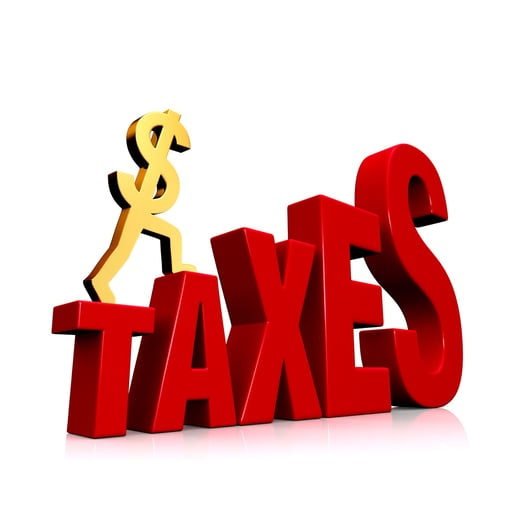If you’re wondering about the high property tax on your home, you should look into these factors. Keep in mind, too, that you have the right to appeal your property’s assessed value with the Board of Assessors or Board of Equalization. In turn, you have the opportunity to enjoy lower property taxes.
#1 Your Property Has Higher Value
The property tax bill is computed by multiplying the subject property’s assessed value by the local tax rate. Thus, the higher the fair market value, the higher the assessed value, and the higher the property tax. For this reason, owners of more valuable and luxurious homes will likely pay more in property taxes.

Of course, there are also other factors that affect the assessed value of real property aside from its estimated fair market value. These factors can include:
- The proximity and quality of educational institutions, commercial establishments, and residential property to the subject property; and
- The current market sales price of comparable property in the area
Download How Tax Assessors Use the Cost Approach
But on the other side of the coin, your property may not be worth much yet it still has high property tax. The effective property tax rate – the percentage of the tax against the property’s value – is too high. This means that owners of property at the low end are paying more in relation to their property’s value.
The result: A disproportionate burden of the tax. For example, your home isn’t as flashy as the homes of your neighbors but you have nearly the same assessed value. This is because the local assessors use the value of several neighboring property in the assessment process.
#2 Your Property Was Over-assessed
Your local tax assessor’s office has the responsibility of assigning fair market and assessed values to your property, as well as all the residential and commercial property in its jurisdiction. Most of the factors used in the determination of the property values are subjective in nature, thus, the possibility for over-assessment. According to the National Taxpayers Union, between 30 and 60 percent of property across the United States are over-assessed resulting in high property tax.
You must then promptly act when you receive the annual notice of assessment in the mail. You have to check that, indeed, your property’s assessed value is as realistic as possible. You should check that the assessed value didn’t have significant jumps from year to year, especially when there have been no property improvements made.
#3 Your Local Government Heavily Relies On Property Taxes
Many local governments, such as the states, counties and cities, have a heavy reliance on property taxes for funding purposes. This can be problematic for property owners as their property taxes will understandably be higher, especially when the abovementioned two factors are considered.
Property owners can lobby for a change in the taxation structure. But in the meantime, certain measures to reduce high property taxes are necessary. These measures include being aware of the impact of improvements, checking the accuracy of information on the property record cards, and filing appeals on assessments.
Conclusion
Aside from these three factors, the presence or absence of tourism, commerce and industry can also result to high property tax. No matter the reason, you should grab the opportunity to lower the taxes on your property partly through filing a formal assessment appeal.




